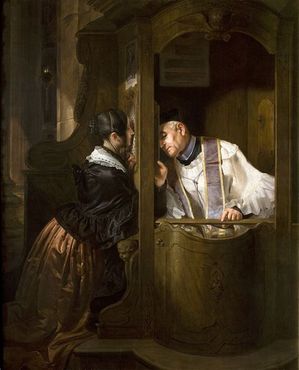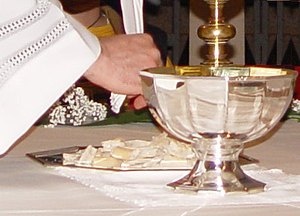Have you ever thought about the scriptural exhortation that “A sacrifice to God is a contrite spirit”? What does it mean? What does it mean for me? Why do I need a contrite (a feeling or showing sorrow and remorse for a sin or shortcoming) heart to be a person of faith? When I pray the Liturgy of the Hours, or approach the confession box my thoughts and feelings zero-in on contrition, sin and what it all means. Some days I am plagued by the heaviness of sin (separation from God but also living divorced from a good sense of self and relations with others). Here, I am talking about the place of mercy –God’s mercy– for me.
The Responsory for a recent reading in the Office of Readings (Sunday, 14th Sunday through the Year) has us sing: My sins are embedded like arrows in my flesh. Lord, before they wound me, heal me with the medicine of repentance.
A clean heart create for me, O God. Put a steadfast spirit within me. Heal me with the medicine of repentance.
I found myself thinking about what Saint Augustine said about sin in one of his sermons. (The italics is Augustine using Scripture.) Perhaps the following portion of the sermon is of interest for you. The spiritual life, indeed, our whole personhood, needs to consider how we deal with sin in our lives.
Saint Augustine said:


